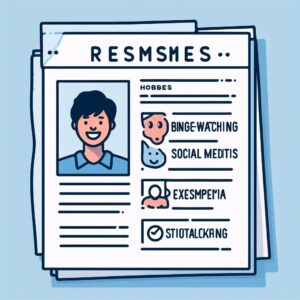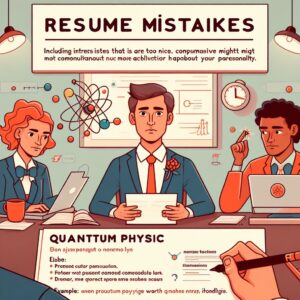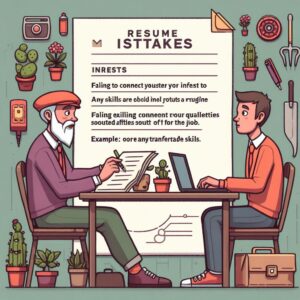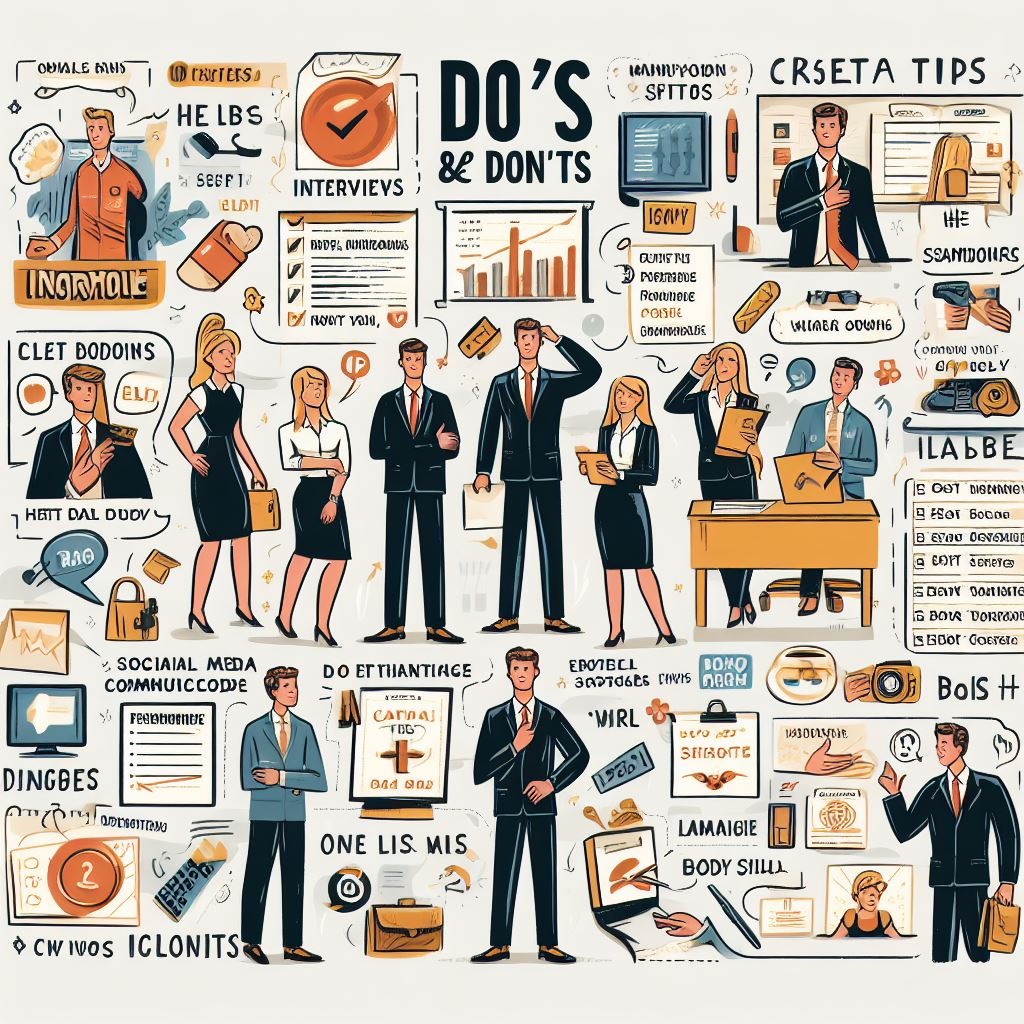"The Impact of Irrelevant Interests on Your Job Prospects"
nterests and hobbies often find their way onto resumes, yet many freshers underestimate their significance in the job application process. While showcasing personal interests can add depth, some choices may do more harm than good. Here are a few examples of irrelevant or poorly explained interests that can negatively influence a recruiter’s perception:

1. Vague Interests
Listing overly broad or vague interests can raise eyebrows.
Example: “Reading” or “Traveling” without specifying genres or destinations.

2. Overly Personal Details
Sharing excessively personal hobbies might not resonate well in a professional setting.
Example: “Binge-watching TV series” or “Social media stalking.”

3. Outdated Interests
Mentioning interests that aren’t relevant or in line with the job can detract from your professional image.
Example: “Playing solitaire” or “Collecting stamps.”

4. Incomprehensive Interests
Including interests that are too niche or incomprehensive might not communicate much about your personality.
Example: “Quantum physics” without elaborating on its relevance or application.

5. Unexplained Interests
Failing to connect your interests to any skills or qualities sought after in the job can make them seem random.
Example: “Gardening” without explaining its relevance or any transferable skills.
While interests can offer glimpses into your personality, it’s crucial to select and articulate them thoughtfully on your resume. Join our Resume Development Workshop to learn how to strategically showcase your interests and craft a well-rounded resume that captivates recruiters.
Register now at 🔗 Resume Development Workshop to discover how to leverage your interests effectively and increase your chances of landing your dream job. Don’t let irrelevant interests hinder your career growth—invest in your professional future today!
FAQs
Q1: Are interests really that important on a resume? Absolutely! While they might seem insignificant, interests can provide insight into your personality, values, and potential cultural fit within an organization.
Q2: Can’t I include generic interests to fill up space on my resume? While it might seem tempting, listing generic or irrelevant interests without thought can detract from your professional image and miss the opportunity to showcase relevant skills.
Q3: Should I leave out interests altogether to avoid making mistakes? Not necessarily. Strategic inclusion of relevant and well-explained interests can add depth to your resume and make you a more memorable candidate.
Q4: What if my interests are not directly related to the job I’m applying for? That’s okay! The key is to link your interests to transferable skills or qualities that can benefit the role or demonstrate positive attributes about your character.
Q5: How can I determine which interests are relevant to include? Consider interests that showcase your teamwork, leadership, problem-solving, or creativity. Our workshop guides you through this process to help you make informed choices.
Hashtags
- #ResumeTips
- #CareerAdvice
- #JobHunting
- #PersonalBrand
- #ProfessionalImage
- #HobbiesMatter
- #JobApplicationTips
- #ResumeWorkshop
- #CareerDevelopment
- #InterviewPrep
![]()


